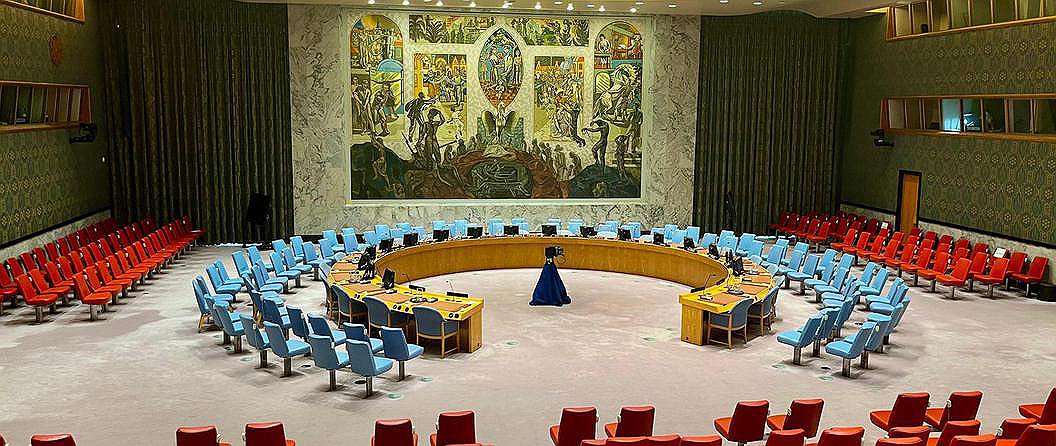
9 września 2025 r. Polska wzięła udział w debacie otwartej wysokiego szczebla Rady Bezpieczeństwa ONZ nt. przyszłości operacji pokojowych.
Tekst wystąpienia wygłoszonego przez Krzysztofa Szczerskiego, Stałego Przedstawiciela RP przy NZ w Nowym Jorku, dostępny jest poniżej.
Mister President, Excellencies, Distinguished Delegates,
I would like to begin by thanking the Republic of Korea for organizing this debate and briefers for their informative statements.
Mister President,
Peace operations represent one of the greatest achievements of international community. They enable impartial actions to protect global order, prevent escalation and foster conditions for conflict resolution. Almost 80 years of peace operations proved that they are indispensable tool for protection of civilians. Polish engagement in the peacekeeping missions has a deep-rooted history and demonstrates our commitment to the values enshrined in the United Nations Charter. Currently, a Polish contingent of about 200 soldiers is serving in the UNIFIL mission in Lebanon. We also provide military observers to other missions.
Mister President,
Peacekeeping operations face a number of serious challenges that affect their effectiveness. The armed conflicts are becoming less territorial, while the impact of modern technologies and artificial intelligence is growing. Non-state actors are becoming more prominent, complicating traditional approaches to conflict resolution and peacekeeping.
The future of peacekeeping operations demands decisive action and strategic decisions. In particular, the Security Council members must demonstrate strong political commitment and actively engage in reforming and adapting missions to evolving global realities.
It is crucial to develop more adaptable mission models that balance the need for effective action on the ground with realistic transition and exit strategies. These models should leverage the real strengths of peace operations while recognizing their limitations, including their dependence on strategic consent and the support of key conflict parties.
Mister President,
Adopting a modular approach will enable tailoring of the missions to local contexts, helping them adapt over time and fostering a wide range of partnerships both within and beyond the UN system.
We must highlight the protection of civilians as a crucial goal of the mandates of UN peace operations.
Bearing in mind that long-lasting peace may only be achieved through diplomacy, inclusive and constructive dialog with stakeholders on the ground, the Security Council need to strengthen and better implement “primacy of politics” principle. We must also highlight the human rights, development and peace nexus – whatever the political narratives of the day might be, there is no peace without development, and no development without peace.
Mister President,
Security Council needs to work closely not only with the Secretary General but also with other stakeholders – the General Assembly, ECOSOC and the Peacebuilding Commission.
The success of peacekeeping is closely tied with the willingness of conflict parties to pursue peace. We all must do our utmost to ensure that choosing peace is the only way.
Thank you.


 Ambasady GOV
Ambasady GOV 12.09.2025 / 00:37
12.09.2025 / 00:37



